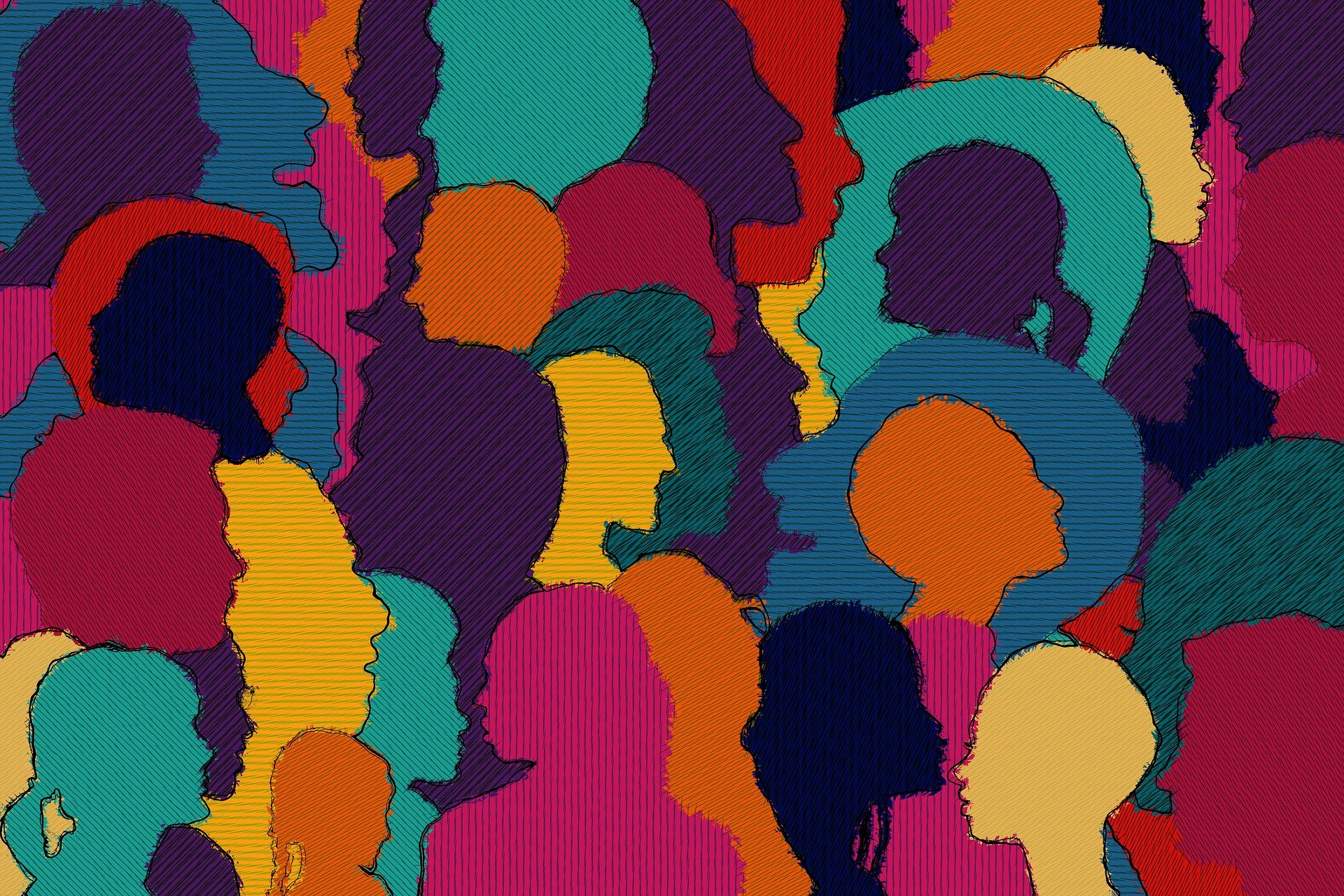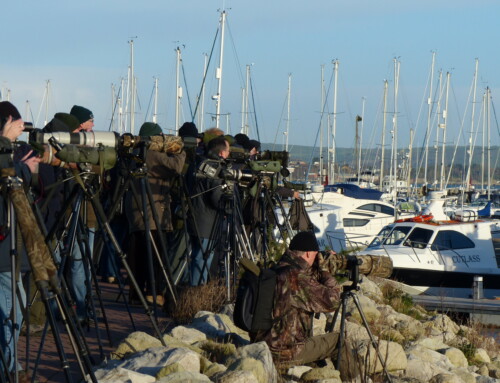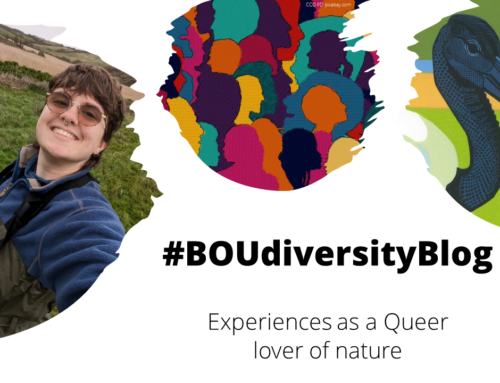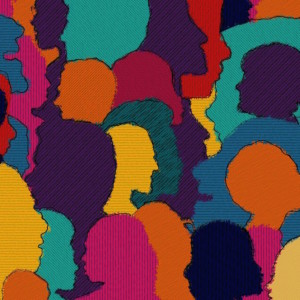
I’ve had pretty positive experiences as a junior ornithologist, but not everyone has. I am many things. I am Asian, I am American, I am an immigrant. I am a field biologist, I am a novice computational ecologist, I am most happy in the wilderness. I am a woman, I am a student, I am a mother. One thing I’m not is an old white man who I learned about in ecology classes. The Darwins, Grinnells and MacArthurs that leave textbook legacies. That said, the field has changed a lot in recent years to become more friendly for people like me, who don’t fit into neat boxes. If I were born several decades earlier, I would not have had the tenacity, like Jane Goodall did, to go into a field biology, where women were not accepted. I owe a lot to the progress the field has made, but also recognize it can be better still.
I come from a Chinese culture that values collectivity—prioritizing the group over individuality and fitting in with the goals of the collective—maybe that’s why it’s extra obvious to me whenever I don’t fit in. I immigrated from China to Singapore when I was eight, and again to the United States when I was eleven. As a result, I am Chinese, but not fully Chinese. I don’t need to open my mouth in China for a local to recognize that I’m not from there; my mannerisms and way of dressing already set me apart. I am American but not really American. Pop culture references go over my head in social settings, and my family does not have any institutional knowledge to help me navigate American education systems. I am Chinese-American but not even Chinese-American enough. My American speak is largely passable until my friends reminisce on school fundraisers (a concept completely foreign to my childhood in public schools) or I get tongue-tied in fast conversation to find the right word. When I became a parent and everyone else at my child’s school was 10 years older than me, I felt too young. When I went back to graduate school and everyone around me was 10 years younger than me, I felt too old.
Perhaps one of the places I am most aware of being different is my choice of career. Many Asian immigrants are coaxed by their families to go into engineering, medicine or business. Despite being overrepresented in STEM fields, Asians are proportionally underrepresented in ecology in the US. When my parents’ Chinese friends ask what I do, it was so difficult to explain why I would want to devote my career to birds and their interactions with the natural environment that we often resorted to “biology” and let them assume medical or cell biology. When I walk into an office or a conference, I’ve come to expect to see nobody else who looks like me. There has only ever been two times when a plenary speaker at an ornithology event I have attended has been an Asian American woman. Having white speakers is so quotidian that I don’t even take note of speaker identity anymore, but the two times I saw someone who looked like me up on stage were so surprising that I can vividly remember thinking that maybe there is a place for me, after all, at the podium.
As a new Masters degree graduate trained in Western ecology, I was sharply aware that my cultural identities were different from the way science is done and separated my personal background from work. Little did I know I was suppressing a part of myself and only expressed the part that I thought fit into “science” as I thought it to be objective, which was in fact centered on the experiences of the white male scientist in America. Everything from those who get to positions of power (women professors receive less startup funds than men), to conducting fieldwork (which posed different challenges for women than for men), is rooted in the Western framework of knowing, which is not objective or the only framework that is scientific.
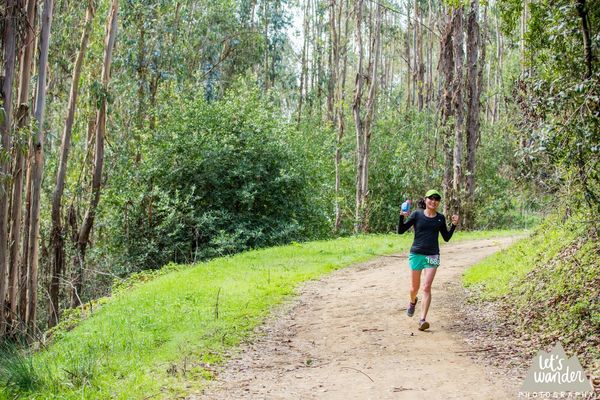
Over time, I became inspired by role models who incorporated their identities and background into their work. I found that their personal background was an asset that enhanced the conservation work that they did. A colleague talked about being Black in birdwatching and how outdoor spaces are made to exclude Black and brown people. Another taught me that in their tribe, they think of a bird as a gift announcing themselves to the observer rather than the observer going out and “collecting” a list of species for the observer’s own benefit. A speaker criticized science as a rich man’s luxury for prioritizing a bird’s wellbeing over that of marginalized people. Clearly, Western science is a tremendously biased framework and subjective in its own right. Applying all these lessons to my passion for ornithology, I realized that my personal background is a salient part of who I am and affects what I care about. I decided to stop compartmentalizing myself as I realized the potential of difference.
Now, as I move back into academia as a PhD student, this time I am incorporating my identity into professional endeavors. My research seeks to challenge the status quo: a lot of our ornithological knowledge is based on male birds, but what about female birds? Do they provide a signal that we may have overlooked as a scientific community? I am still different, and still don’t fit in, in many aspects. But—is that really a bad thing? Does anyone really “fit in” with their diverse suite of identities? In fact, a big part of how I am able to get to where I am is because of my privileged identities: middle-class family (thanks only to my parents’ immigrant grit), able-bodied, cis-gendered, heterosexual, ethnic background, and more. As a field, we can do so much better for ornithologists with other non-traditional identities, such as trans, poor, Black, or disabled peoples. Since I started acknowledging my personal identities, my friends and colleagues have overwhelmingly appreciated learning about something they had not thought of before. I am starting to see that being different from the traditional field ornithologist has enabled me to ask different questions than have been posed before. And in science, that can be a good thing.
Imagine what more we can do if we not only diversified ornithology, but allowed all the wonderful individuals and identities to thrive. We are already changing our belief that only male birds sing. We might find birds pursue other goals in life besides mating and fecundity. We could create green spaces that benefit birds in high-density urban areas and coastal wetlands that buffer against rising seas while providing recreational opportunities. I don’t fit in neatly to my cultural background or as an ornithologist, but neither should future research and solutions. I cannot wait to see what yet unborn ideas may come to fruition when we realize the full potential of our differences.
If you are interested in contributing to the #BOUdiversityBlog, please get in touch with us via this form which ensures anonymity for those who seek it.
Image credit: CCO GDJ pixabay.com
